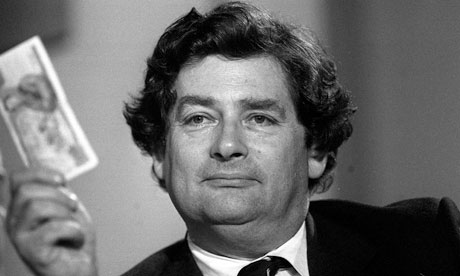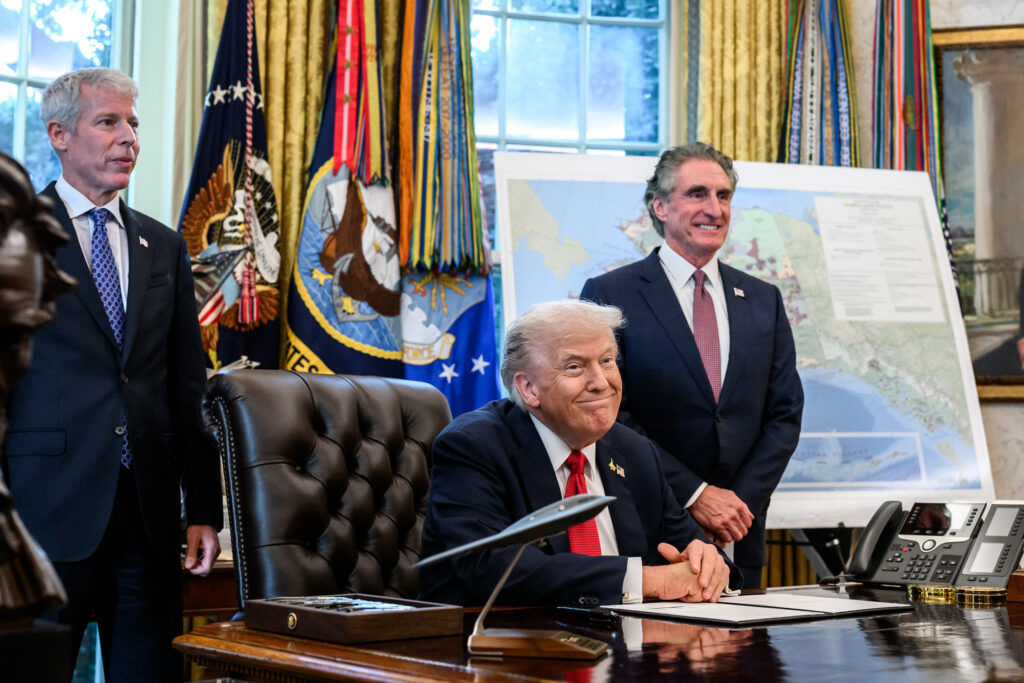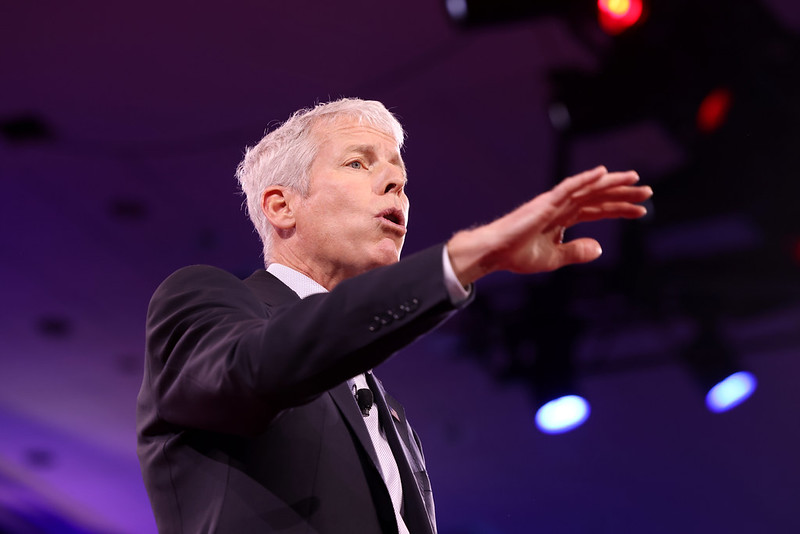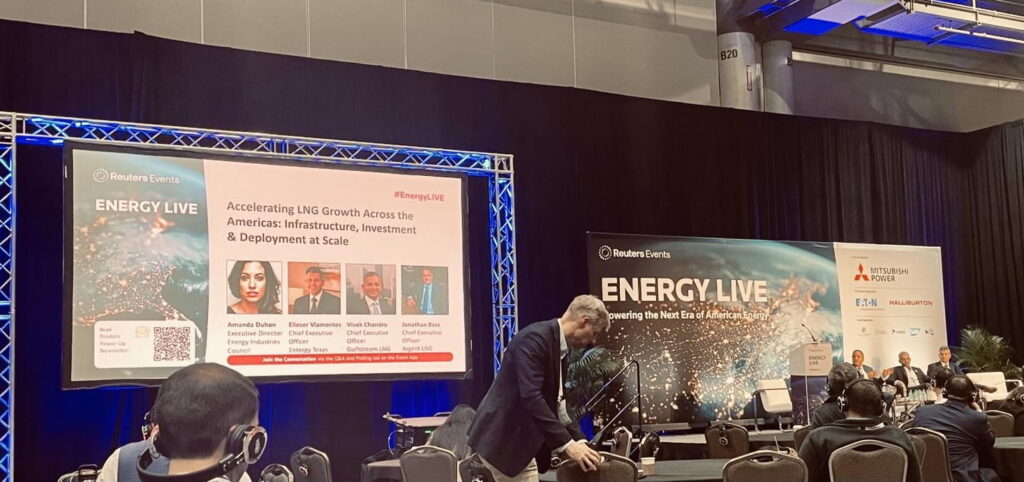Lord Lawson is today the main voice of climate denial in Britain. But 30 years ago he was personally responsible for the British state losing control over our reserves of fossil fuels.
“My career as a cabinet minister began with quite a bang,” Lord Lawson recalled in his autobiography. His first act was to sell of the oil-producing BNOC run by the state-owned British Gas.
He installed Martin Jacomb, his trusted friend and merchant banker, as a non-executive of the government’s Gas Corporation Board.
“These three eminent businessmen could not be pushed around by anyone. They also kept me better informed than my officials were usually able to do,” Lawson would explain. (Jacomb will reappear in our story thirty years later when he would be appointed a trustee of the Global Warming Policy Foundation (GWPF)).
The privatisation of Britain’s oil industry did not have public support. “The usual lack of enthusiasm for abandoning State ownership was reinforced in the public mind by the feeling that North Sea oil was a unique national asset which should remain strictly under national political control,” Lawson observed drily.
“It was difficult to find a way of privatising BNOC without succumbing to the charge that the government was relinquishing ownership of a priceless national treasure to speculators, foreigners or multinationals.”
In fact, the public seemed very keen on keeping the energy sector in public ownership. “The Labour Party could win four out of five general elections between 1964 and 1974 on a programme of more and more sweeping nationalisation,” Lawson himself observed years earlier.
Black Gold
But since when did the views of the British public amount to much? They were not Oxford educated economists. How could they possibly know what was good for them?
The public might also have wanted to raise billions in taxes for the new discoveries of oil in the North Sea to help fund the National Health Service, the new comprehensive schools, and broader welfare state.
Lawson knew better. North Sea oil was discovered in 1969 and would, it has since transpired, be the last significant find anywhere in the world.
The “black gold” began to pour in 1976 and by 1982 Britain had, for the first time in its history, become an oil exporter—and the government took £8 billion in revenues—accounting for £8.50 out of every £100 collected by the taxman.
The Labour government, then still claiming to be socialist, presented the radical suggestion that the country should invest in the new, unearned riches for the benefit of future generations.
Lawson knew better. “The idea was sensibly rejected by the Treasury,” he recalled in his memoirs.
“It seemed to me rather more sensible to use North Sea tax revenues to reduce government borrowing, to cut taxes where this could be done on a sustainable basis, and generally to improve the climate for enterprise.”
Billions in Taxes
And Lawson is an honourable man. The decision to let the oil industry reap more of the benefits from the oil bounty was in part a result of lobbying from within the industry itself. “When the Conservatives came into power in 1979, they inherited a tax regime which was stifling development,” Clive Wright, then director of corporate affairs at Esso, told the author:
“We had a series of consultation with the Conservatives. The Conservatives listened, and they loosened up the tax regime which unleashed a lot more investment in the North Sea so that fuels which were marginal became attractive to develop.”
Lawson and Howe abolished just one tax which effectively handed £2.4 billion back to the oil industry. Lawson cut other taxes to the benefit of oil.
The reforms “went considerably further than my officials thought the Treasury would be prepared to contemplate,” Lawson would boast.
It is an abject and total tragedy that this great, good fortune was not instead use to finance a new age of clean energy.
Perhaps the gush of oil could have been used to help heat the homes of Britain’s poorest families? Apparently not.
Lawson in fact raised the cost of heating homes and cooking for every family in the country at the same time as cutting billions from the taxes of Big Oil.
Gas Prices
Now Lawson has become the great champion of low gas prices. The GWPF launched a brilliant and energetic campaign against new levies on gas bills to pay for climate change mitigation, albeit on dubious and hotly contested statistics.
But back then it was a very different time. Taxes on major corporations were being misspent subsidising household gas bills.
And Lawson would, as energy minister, put a stop to it. He continued the hike in gas prices started by his predecessor, Lord Howell, that very nearly doubled domestic gas bills over just three years.
The price rise also left businesses burned. This was at the time “a highly unpopular policy”, but our honourable Lord Lawson “succeeded in carrying it through in full, and no political disaster ensued”.
The refined rhetorician was even able to turn public fury into a political advantage. “I sought to make a virtue of necessity by inserting in my political speeches the assertion that this was a government that would always do what was right, regardless of short-term popularity,” he smiled to himself. “It usually went down pretty well.”
The price rise would, of course, fatten the British Gas turkey in time for the great Christmas giveaway. It would be a private company and its shareholders who would grow rich from charging the poor more for their bills.
History records that the very first privatisation resulted in the government assets being sold off on the cheap. Lawson blamed his advisors for underpricing the sale.
Political Storm
“This led to an enormous political storm, with Labour accusing the government of ripping off the taxpayer, and deliberately selling state assets on the cheap to its friend in the City.”
Lawson claims he was “deeply humiliated” at the time, but concluded that his giveaway “may have been no bad thing”.
He then sold off British Gas showrooms, despite huge public anger. “The government’s opponents were remarkably successful in portraying the privatisation of this state-owned chain of shops… as an ideologically inspired attack on the British way of life.”
The sale was based on Hayek’s idea that the state should not have a direct hand in the economy.
Unless, of course, the state takes the form of the armed forces and the intervention involves putting down unions.
Documents published for the first time following a Freedom of Information Act request by the author show that in his first month in office [October 1981], Lawson drew up secret plans to mobilise the British Army to break a strike among oil tanker drivers.
Lawson did his very best as energy secretary to befriend Saudi oil ministers, but his blundering efforts made this a task fraught with difficulty and intrigue.
A fortnight after being appointed energy secretary, Nigel Lawson invited Sheikh Ahmed Zaki Yamani, the Saudi oil minister and “de facto leader” of the world’s first oil cartel, the Organisation of Petroleum Exporting Countries (OPEC), to London for an official luncheon [Lawson, 1992: 191].
OPEC was at the time deeply unhappy that Britain was selling North Sea oil cheap into the international markets, believing this would devalue their own supply.
Congenial Companion
“I found the highly intelligent, soft-spoken, Western-educated Yamani a most congenial companion,” Lawson remembers.
The following Spring, Yamani began lobbying the British energy secretary hard to raise the oil price. Lawson, a free market advocate, publicly stated the government would not control prices, instead but initiated a secret ploy to carry favour.
“It would not have helped Anglo-Saudi relations to have sent Yamani away completely empty handed,” he later explained to the public he had deceived.
“I therefore undertook to persuade the British National Oil Corporation to be as discrete as possible in lowering the reference price for North Sea oil”.
At the Saudi oil minister’s request, he also issued a press release saying that Britain would not increase its production of oil. This, however, backfired, because oil production did in fact increase in 1983—for which Lawson would pay later.
Lawson was warmly received by Yamani when he travelled to Saudi Arabia in April 1983. “Yamani gave a luncheon in his own home in my honour,” he recalled.
“He invited a number of his cabinet colleagues and their wives—something our then ambassador, James Craig, told me was a most unusual gesture of friendship.
Lest I Be Corrupted
“The Saudi oil minister presented Lawson with a gift, a long spouted Arab silver coffee-pot.” Craig complained later: “I had to hand them over to the department, lest I be corrupted”.
Lawson was responsible for the sale of the British oil in November that year. The night before the state asset was sold on the market, Lawson’s friend Yamani gave an interview to a relatively unknown newspaper in Kuwait expressing his “gloom” about oil prices.
The interview, Lawson believes, sabotaged the sale, and the privatisation was, once again, a disaster. The shrewd energy minister had been outsmarted.
Lawson’s final act as energy minister was to break up the state monopoly on the supply of power.
In May 1983, he brought in the Energy Act. The legislation allowed private electricity generators to sell energy to customers directly for the first time.
Hayek’s free market ideal was becoming a reality. He would also look back fondly on his tenure when writing his 1992 autobiography “[I]n many ways my short stay at Energy gave me more pleasure than any other job I have had before or since”.
Subscribe to our newsletter
Stay up to date with DeSmog news and alerts






